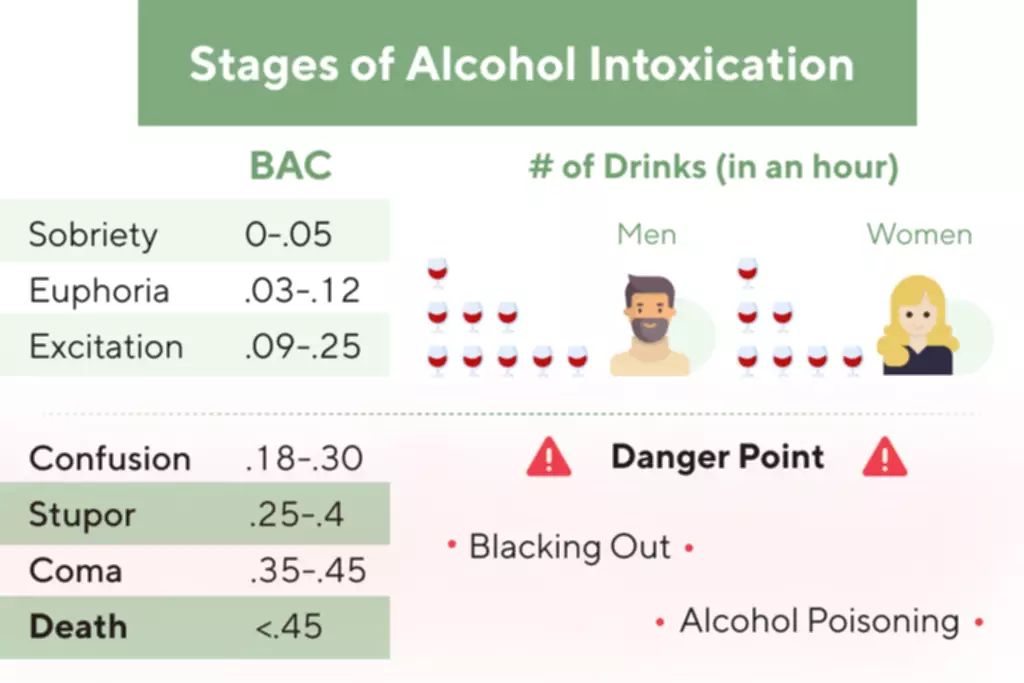Alcoholic Narcissist Alcohol And Narcissistic Personality Disorder

When combined with counseling, this approach is proven highly effective. For information about the terms governing the use of our website and how we handle data, please refer to our Terms of Use and Privacy Policy. Dr. Jenni Jacobsen, PhD is a medical reviewer, licensed social worker, and behavioral health consultant, holding a PhD in clinical psychology. It was estimated as recently as 2017, that approximately one in every eight adults in the United States meets the criteria for an alcohol use disorder. Individuals with a NPD feel they can only be understood by special people. They take advantage of others, especially to accomplish their own goals.

Pica Addiction: Causes, Symptoms, and Treatment Options
- While they may not show it outwardly, criticism is especially unbearable for a narcissist.
- However, without affirmation, the same individual may feel depressed and ashamed.
- Beyond that, a grandiose form, a socially dominant, agentic–antagonistic interpersonal style, and a vulnerable form, a neurotic–antagonistic style, can be distinguished (16).
- Living with or being close to someone with narcissism and addiction can be difficult.
- Each person needs a different treatment method depending on their unique situation, and as such, not everyone will have the same treatment program.
I mean, the addictive personality is a personality in search of addiction. And so, the covert narcissist lacks his serious deficiencies in all these departments, at least in his mind. It’s not always the objective reality, but definitely in his mind, he feels utterly inadequate and deficient. One thing you need to understand about the covert narcissist is because he is collapsed, because he had essentially failed to become a narcissist. It’s fragmented and no shard has anything to do with any other shard.
Substance Abuse Treatment Programs
- Narcissism is a personality disorder that shares many common traits with addiction.
- Our approach centers on treating people with the same kindness and respect that we value for ourselves.
- In many cases, it may be crucial for loved ones to maintain distance from the affected person to minimize risks and issues.
- So first there is boredom, frustration, stress, anxiety, depression, envy.
- Integrated treatment plans provide comprehensive care, targeting each disorder simultaneously for optimal recovery outcomes.
This may include adopting a healthier diet, incorporating regular exercise, practicing stress reduction techniques (such as meditation or yoga), and cultivating supportive relationships. This approach entails addressing both alcoholism and any co-occurring conditions, such as bipolar disorder or borderline personality disorder. Integrated treatment plans provide comprehensive care, targeting each disorder simultaneously for optimal recovery outcomes. Many individuals who develop alcoholic narcissism have experienced childhood trauma or emotional wounds 2. Adverse experiences such as neglect, abuse, or significant loss can shape their self-perception and contribute to the development of narcissistic tendencies.
What’s the outlook for people with NPD or AUD?
- This may include adopting a healthier diet, incorporating regular exercise, practicing stress reduction techniques (such as meditation or yoga), and cultivating supportive relationships.
- This toxic blend of alcoholism and narcissistic personality traits creates a volatile cocktail that erodes one’s sense of self, perpetuating a destructive loop.
- Narcissism is a personality disorder that may cause individuals to display grandiose and self-involved behaviors.
There is a fad or a fashion nowadays to try to find an equivalent in brain activity or blood flow in the brain to every mental health condition. And also, there’s another fad of pathologizing things or medicalizing things. Remember that the main feature of the covert narcissist is, shockingly, that he is covert.

An alcoholic, or someone under the influence, is disinhibited in the sense that he no longer avoids or controls his behavior, and so he acts on pre-existing wishes. So in my personal opinion, as someone who had been trained in medicine and in psychology, I don’t buy this story that alcoholism is a brain disorder. And there are numerous alcoholics who succeeded to wean themselves off alcohol. So I am not an adherent of the medical school of psychology, which attempts Sobriety to transform psychology into a form of medicine.
Narcissists reveal destructive behavior because of a lack of empathy and genuine emotions. Alcoholics might cry about the costs of their addiction, but it doesn’t mean anything because they still won’t stop drinking. Alcoholics will claim that they can stop drinking whenever they want. They’ll https://ecosoberhouse.com/ also deny when they had a drink or that their drinking has negative consequences. Alcoholism can exacerbate the symptoms of narcissism and make them more pronounced, leading to impulsive behavior, difficulty expressing emotions, and an inability to take responsibility for one’s actions.

- Understanding this connection is crucial for effective treatment and recovery.
- Contact Dove Recovery today if you or someone you love is struggling with alcohol addiction — we are here to help.
- Narcissistic personality disorder and alcoholism frequently coexist, but there are some differences.
- People with narcissism usually have incorrect perceptions about their life and what people think of them.
- But, AUD can cause some people to develop narcissistic characteristics.
People who are genetically predisposed to experience unpleasant side effects of drinking are less likely to drink often, making AUD unlikely. People with NPD and people with AUD might have some symptoms in common. It’s worth noting that the DSM-5-TR doesn’t use the term “alcoholism,” but the term is still used colloquially to refer to AUD. NPD is characterized covert narcissism and alcoholism by a persistent pattern of grandiosity and need for admiration, while AUD involves a problematic pattern of alcohol use leading to significant impairment.
